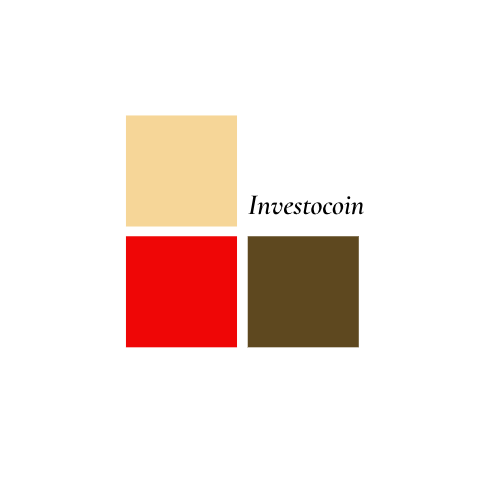💭 Imagine, you have a transaction file on your computer (a “ledger”). Two public accountants, each in two different places in the world (which we'll call "miners") have the same ledger on their respective computer (it's a perfect copy of yours, so it's "distributed"). When you make a transaction, your computer sends an email to each accountant notifying them.
Each accountant rushes to be the first to verify that you can afford this transaction (and this miner will be compensated accordingly). The first to carry out the verification and validation presses "reply to all", and attaches his transaction verification technique (the "proof-of-work" - there are other verification techniques elsewhere). If the other accountant agrees (he will also check the transaction), everyone updates his file, public and visible to everyone... And the transaction is validated (a certain minimum number of validators must be met to validate transactions).
🖇 Blockchain is a technology that makes it possible to store and transmit information transparently, securely and without a central control body. It looks like a large database that contains the history of all exchanges between its users since its creation.
Blockchain can be used in three ways:
- For the transfer of assets (currency, securities, shares, etc.)
- For better traceability of assets and products
- To automatically execute contracts ("smart contracts").
The great particularity of the blockchain is its decentralized architecture, that is to say that it is not hosted by a single server, but by a part of the users. There is no intermediary, so that everyone can check the validity of the chain themselves. The information contained in the blocks (transactions, title deeds, contracts, etc.) is protected by cryptographic processes which prevent users from modifying them afterwards.
💚 The intermediary is replaced by the collective verification of the ecosystem, which offers a high degree of traceability, security and speed.
🧡 In traditional environment, trusted third parties serve as intermediaries in financial transactions. If you ever send money abroad, you will go through an intermediary, usually a bank. The transaction will normally not be instantaneous (and will take several days), and the intermediary will charge a commission for its services, in the form of an exchange rate conversion fee or otherwise.
💛 The original blockchain technology is royalty-free and offers an alternative to traditional intermediaries with lower fees.
Châtaigne.




